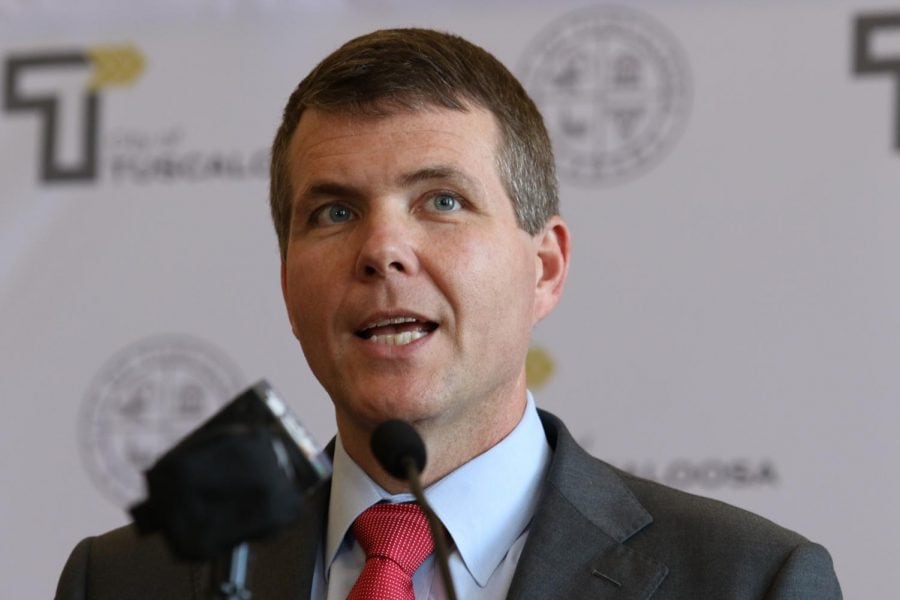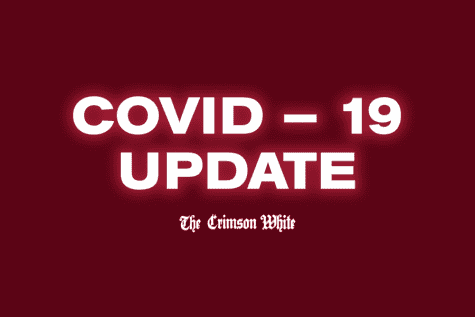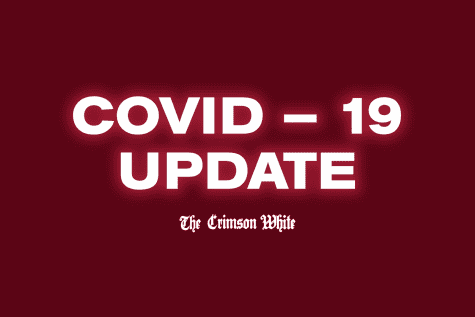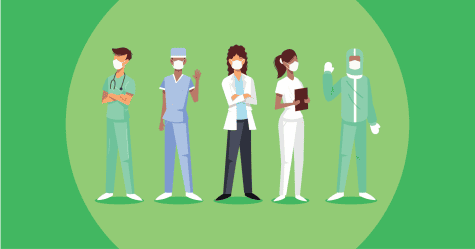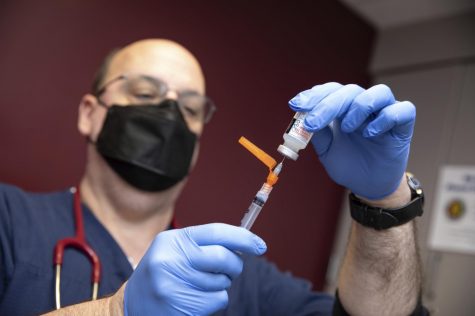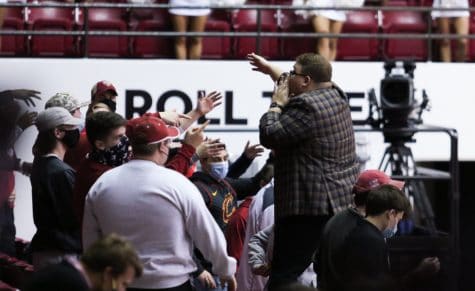‘We’re preparing for the worst as a city’: A Q&A with Tuscaloosa Mayor Walt Maddox
Maddox at a March 12, 2020 presser, where he discussed the city’s response to COVID-19
July 14, 2020
As of July 14, there are 2743 COVID positive cases in Tuscaloosa County. The county has paralleled both the state and country over the past month with large upticks in positive cases among the ages of 18 to 25.
CW sports editor Alexander Plant had a conversation with Tuscaloosa Mayor Walt Maddox late last month about what these spikes mean, and how the city is dealing with an uncertain road ahead.
Q: What do you attribute the high number of cases to?
A: Over the last month, we’ve seen a lot of asymptomatic spread among our 18- to 24-year-olds. And I believe a lot of that has to do with more students returning back to Tuscaloosa. It appears, although you can’t quantify, they’re more likely to not engage in social distancing protocols such as spacing and masking. The other [reason] is that we’ve had institutional spread at a few nursing homes, [the] metro jail and the Harbor Psychiatric facility. So those are your two broad areas that have led to that spread. Fortunately, since we took early action, our hospital system has had time to prepare and we’ve been able to meet any hospitalization demand coming out of [COVID-19]. But it’s worrisome, and it’s worrisome about the future because you don’t know when you go from an asymptomatic spread to symptomatic spread.
RESTART TUSCALOOSA
According to the city of Tuscaloosa’s website, Restart Tuscaloosa “will work as a catalyst to jumpstart Tuscaloosa’s economy by setting a strong foundation for Tuscaloosa businesses and residents in the wake of this international pandemic.”
The small business portion of Restart Tuscaloosa has been the main focus since its passing, with the goal of investing $1 million in the Chamber’s Small Business Relief Fund “to help small businesses in the City recover from the economic strain of COVID-19.” These funds will be disbursed no later than the end of 2020 and will be concentrated on small businesses that do not qualify for federal aid programs, according to the website.
Q: Since Restart Tuscaloosa was put into place May 12, how much of it has already been spent?
A; Right now the first phase of [Restart Tuscaloosa] was the small business phase which was $1 million immediately into small businesses. We spent about three fourths of that $1 million. We’ve invested through the Chamber [of Commerce], which determines the appropriation amount to each small business. We’ve had over 100 small businesses receive almost $700,000 total. Small businesses, especially those in the service industry and the salon industry, took it on the chin. The money is being invested mainly in those areas.
Q: Do you think there will be an expansion of the experience/small business section of the Restart Tuscaloosa Plan?
A: There could be. A lot of it will depend on what revenues the city has available. We currently are losing about a half-million dollars a week in tax revenue. The big thing for us was not only the shut down in late March and April, it’s that 25,000+ students left the city. To give you some context, 25,000 students would be the 24th largest city in Alabama; it’s almost the size of Northport. We lost that in our economy, so there’s been huge financial impacts, and that brings us to the conversation about the future. No one knows what that future looks like. Depending on a particular study, football is probably in the range of a $200 million economic impact on the Tuscaloosa metro area. Even a modified season is going to have huge consequences for the business community in Tuscaloosa.
STUDENT IMPACT
A 2019 study from the Culverhouse College of Business at The University of Alabama found that the University’s student body has a $609 million impact, and a typical football season has a $200 million impact on the Tuscaloosa economy. As of July 14, the SEC has not followed in the footsteps of other major football conferences and limited scheduling in the 2020-2021 season to in-conference games only, but most analysts believe that it will happen in the near future.
Q: How much do you expect the $609 million impact by students over the course of the year and the $200 million impact of football season to fall?
A: None of us know and it gets back to what Dr. [Anthony] Fauci said, the virus dictates the timeline. None of us know what the next day is going to bring of this. There’s no doubt that this virus will be with us for a few more months, if not longer. That’s going to reshape how we’ve done traditional things in the past – to what extent, no one knows. We’re preparing for the worst as a city. Football certainly would be a huge economic loss, if there’s no football you almost have to make the correlation [hypothetically] that if there’s no football, there won’t be near as many students on campus. The impact of not having football would be much more far-reaching than football itself.
MASK ORDINANCE
As of July 6, the city of Tuscaloosa requires masks in public places. The ordinance specifies:
“WHEREAS, the City of Tuscaloosa finds that it is in the best interest of the public peace, health, welfare, and safety, and to preserve the lives and protect the health of citizens of the City of Tuscaloosa, to require that masks, consisting of at least simple cloth face coverings, be worn by persons when interacting in public spaces in the City of Tuscaloosa.
NOW, THEREFORE, BE IT ORDERED by the City of Tuscaloosa that face-coverings or “masks” shall be required in public places within the City to slow the spread of the novel coronavirus disease, known as COVID-19.”
Q: How important is it to wear masks, and where is it most important to wear them?
A: I certainly think that this shouldn’t be left versus right, it should be more right versus wrong. It may not protect you, but it certainly will protect others. As I’ve said during this pandemic, if you don’t want to do it for yourself, you don’t want to do it for others, do it so we can have a football season. Besides our faith in this part of the world, we can all agree on our passion for the Crimson Tide. So maybe we can use that as a motivating factor.
Q: How much of an impact would everyone wearing a mask have on the football season?
A: I think it helps in two ways. Number one, from a medical side it continues to help us protect our health care system which is paramount and our number one priority. Number two, psychologically, it gives people a way to fight back against the virus. Right now, the virus is winning because we’re having discussions that fall [will not be] like it usually is.
Although I’m 47, in my mind’s eyes, I’m not far removed from my days in college. I certainly understand that there’s always that feeling of invincibility and that feeling of what happens in my world, stays in my world. The problem with COVID is a student could come into contact with someone that has preexisting conditions or could come into contact with an age group that could be more vulnerable to the coronavirus. I just hope that everyone will keep that in mind. It’s not like if you decide to drink too much, smoke too much, eat too much, in most cases you’re most likely only impacting yourself, but in this case, a bad decision could have devastating impacts.

